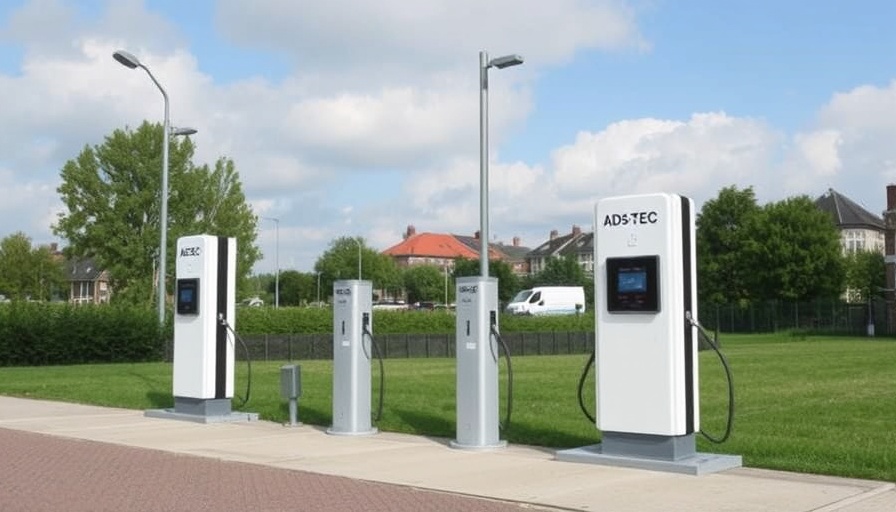
End of an Era: France's Shift on Electric Vehicle Registration Fees
As of May 1st, 2025, France will officially terminate the registration fee exemption for electric vehicles (EVs) across most regions, a policy that has been a cornerstone of its green transport initiative since 2020. The only region retaining this benefit is Hauts-de-France, where the adoption of EVs will continue to receive some financial incentive. This policy shift stems from France's updated finance law adopted in February, indicating a significant change for prospective EV buyers and existing vehicle owners.
The Financial Implications of Registration Fees
For many potential electric vehicle owners, the implications of this change are substantial. Depending on the region and the specific electric vehicle model, registration fees could escalate up to €750. This increase directly impacts the financial incentive that has existed since 2020 to drive up the uptake of zero-emission vehicles, effectively reversing years of efforts to promote clean energy transportation.
To further illustrate, the registration fee system in France is complex: it varies widely by region and is based on vehicle power outputs. In Hauts-de-France, for instance, the registration cost is capped at €36.30 per tax step, which can make even budget-friendly models like the Renault Twingo E-Tech costly to own. Such a car, with low performance metrics, could still incur registration fees that grow steeply due to how the system is structured, ultimately disadvantaging buyers who are environmentally conscious but financially strained.
Will This deter EV Adoption?
This strategic decision by the French government could potentially disrupt the growing adoption of electric vehicles in the country. Many might question whether this will deter future buyers or shift them back towards conventional petrol or diesel vehicles. As registration fees increasingly mirror those for traditional vehicles, the carrot that once encouraged drivers to opt for greener options might no longer be appealing.
Critics argue that this policy contradicts France's long-term goals to reduce greenhouse gas emissions and fight climate change. As EV technology develops and prices come down, this shift could result in a resurgence of interest in fossil fuel-driven vehicles, undermining years of environmental progress. Electric vehicle ownership, once incentivized significantly, faces new financial hurdles at a concerning moment when global warming is at the forefront of political agendas.
The Road Ahead: What’s Next for EVs?
Looking ahead, it’s essential to engage with regional and national transport policies that may shape future energy and transport landscapes. The discontinuation of fee exemptions may also prompt electric vehicle manufacturers to reconsider their offerings, possibly leading to new strategies aimed at cost efficiency and sustainable production. With global pressures to innovate toward greener technology increasing, how automakers respond to these policy changes could ultimately redefine the landscape for electric vehicles in France.
Final Thoughts: Empowering Consumers
For homeowners and businesses interested in green energy solutions, understanding the implications of evolving policies on electric vehicles is crucial. This knowledge empowers them to make informed decisions about investing in electric transport and integrating solar energy to charge their vehicles. By considering both registration fees and the potential for solar-powered charging stations, consumers can better navigate this new landscape and leverage available incentives for a sustainable future.
The implications are clear: knowledge of such regulatory changes can provide the necessary context for future investments in one’s home or business infrastructure. As the shift away from fee exemptions unfolds, integrating technologies such as solar power with EV ownership becomes increasingly critical to achieving long-term sustainability goals.
 Add Row
Add Row  Add
Add 




Write A Comment